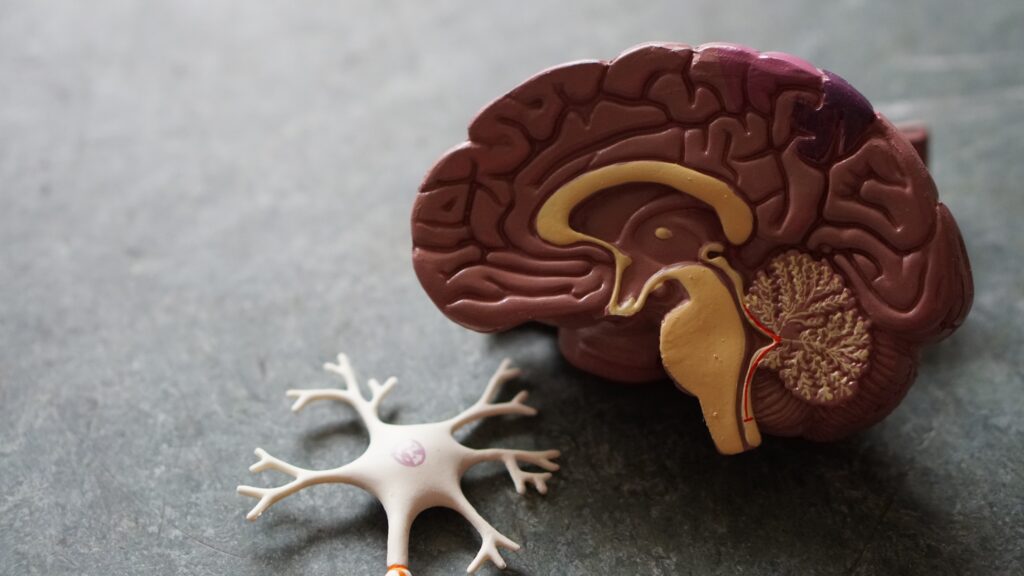According to a press release from April 8, 2021, a partnership between Project ALS and the ALS Association has allowed for the development of a Phase 3 clinical trial. Two years ago, Jaci Hermstad (25) was diagnosed with fused in sarcoma (FUS)-mutated amyotrophic lateral sclerosis (ALS). Jaci’s diagnosis came just 8 years after her twin sister passed of the same condition. After her family reached out to Project ALS and Dr. Neil Schneider, MD, PhD, researchers threw themselves into additional work understanding the potential of treating FUS-mutated ALS with antisense oligonucleotide (ASO) treatment, such as ION363 (jacifusen) by Ionis Pharmaceuticals (“Ionis”).
In 2020, Project ALS and the ALS Association worked together on a pilot program to allow patients access to ION363. Now, funding from the ALS Association and Project ALS is working to provide additional patients with ION363 through the FUSION clinical trial.
ION363
According to Ionis:
ION363 is an investigational antisense medicine designed to reduce the production of the Fused in Sarcoma (FUS) protein. ION363 is also known as Jacifusen (not an official USAN name) in honor of Jaci Hermsted, the first patient treated with the drug under an expanded access program.
An article in Nature Reviews Neurology also explains what antisense medicine means, explaining that antisense oligonucleotides (ASOs) are:
short, synthetic, single-stranded oligodeoxynucleotides that can alter RNA and reduce, restore, or modify protein expression through several distinct mechanisms. By targeting the source of the pathogenesis, ASO-mediated therapies have an higher chance of success than therapies targeting downstream pathways.
While Ionis and Dr. Schneider have worked to put ION363 into patient hands, this clinical trial will offer a greater ability to do so. To learn more about the ALS Association, its goals, and its funding, click here. For more on Project ALS, click here.
Amyotrophic Lateral Sclerosis (ALS)
Also known as Lou Gehrig’s disease, amyotrophic lateral sclerosis (ALS) is a progressive neurological disease which causes nerve cell death in the brain, spinal cord, and brain stem. While approximately 5-10% of cases are genetically based, the cause of many ALS diagnoses is still unknown. When the neurons (nerve cells) die, it affects voluntary muscle movement. In many cases, ALS is unfortunately fatal as chest muscles waste away, causing difficulty breathing. Typically, ALS is most prevalent in white males between ages 60 and 69, although it can affect people of various ages and races. Symptoms include:
- Frequent tripping and falling
- Slowed or slurred speech
- Difficulty walking, speaking, swallowing, or performing small movements
- Depression and psychological stress
- Poor posture
- Muscle weakness in the arms, hands, and legs
- Tight, stiff muscles
- Muscle cramps or twitching






